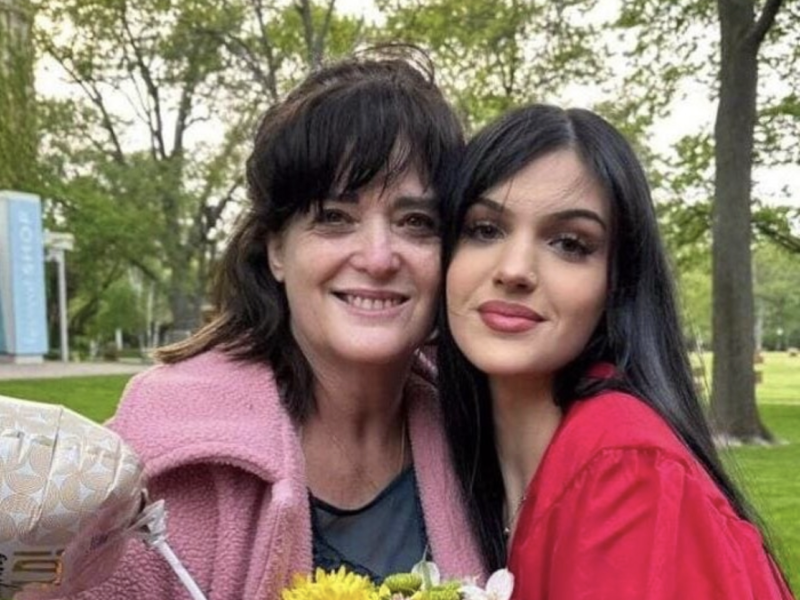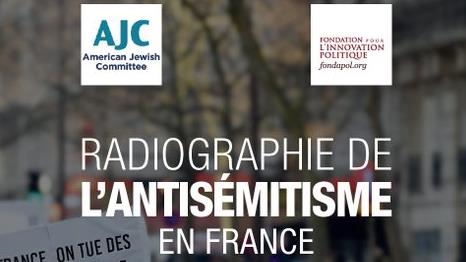In recognition of the unprecedented transfer of inherited wealth and responsibility for philanthropic funds, the Jewish Federations of North America picked 22 communities, including Portland, for a program to train professionals to engage the next generation of donors.
The Jewish Federation of Greater Portland selected Associate Executive Vice President Laurie Rogoway to participate in the training program presented by 21/64, a nonprofit division of the Andrea and Charles Bronfman Philanthropies. Rogoway says she will serve as a resource for all local Jewish organizations and synagogues who want assistance in engaging families in multi-generational philanthropy.
“One of the most important lessons I’ve learned is that if you can move the conversation away from dollars and engage family members in discussions of values, then commonalities quickly emerge,” says Rogoway. “Generations may act on their values differently, but when you remove the barrier of focusing on money, the similarities are amazing.”
Rogoway says the seemingly simple tools developed by 21/64 are effective vehicles that allow family members to articulate the guiding principles that matter to each of them. For instance, one deck of cards allows family members to choose a group of photos that reflect their values and another deck lists motivations such as tolerance, compassion, freedom and loyalty. When family members select cards from the decks, they provide openings for meaningful conversations, says Rogoway.
In October 21/64 consultant Rebecca Trobe met with representatives of about 20 synagogues and Jewish agencies to discuss the importance of identifying families who might be interested in exploring multi-generational philanthropy. Rogoway emphasizes that federation and its partner the Oregon Jewish Community Foundation are resources for donors and organizations.
“If a synagogue identifies a family, I help the family work on their philanthropic goals,” says Rogoway, emphasizing that meeting the family’s priorities is her primary goal.
“If a family has been supporting a synagogue and leaves money to children and grandchildren who might be in a different place, they may not support the synagogue,” explains Rogoway. “But if we sit down together and discuss values, then the children may come to the realization that this has been an important part of their family and want to continue the support. … While grandparents might have supported the synagogue in general, the grandchildren might decide to support a specific area of the synagogue such as music or food. That satisfies the multi-generations and keeps the community healthy.”
Rogoway can be reached at 503-245-6473.





